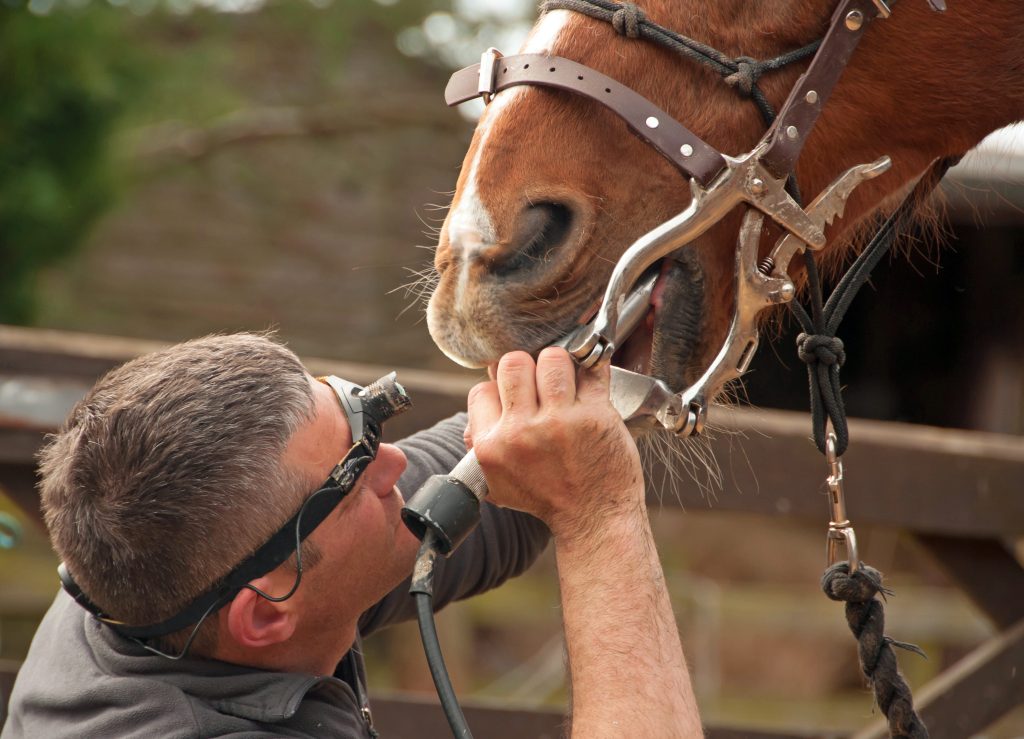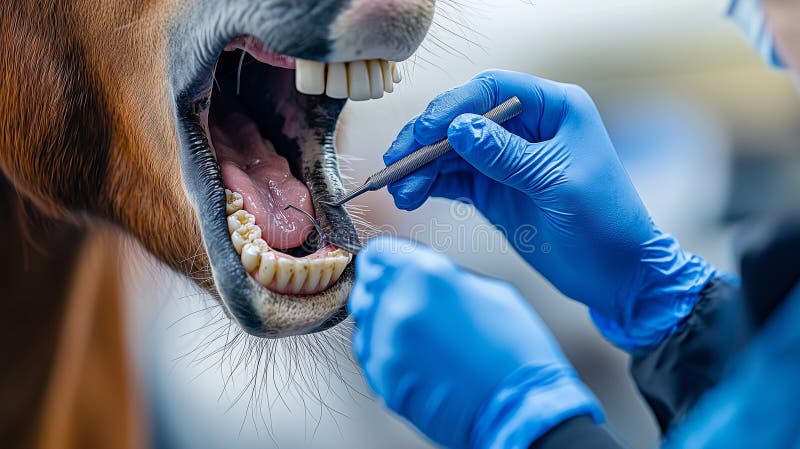Understanding the importance of equine oral health is essential for every horse owner and enthusiast. Horses rely on their mouths for eating, socializing, and performing various tasks. As a result, maintaining their oral health is crucial not only for their wellbeing but also for their performance. This article will delve into the multiple dimensions of equine oral care and its significance.

The Anatomy of a Horse’s Mouth
The horse’s mouth is a complex structure, equipped with incisors, molars, and various other components that work together seamlessly. Understanding this anatomy is the first step towards appreciating equine oral health importance.
Structure and Function
Horses have a unique dental structure that requires regular attention. The incisors are used for cutting grass, while the molars grind the food. Any misalignment or dental issue can significantly affect these functions.
Common Oral Health Issues in Horses
There are several common dental problems that horses face, including sharp molars, tooth decay, and oral tumors. These issues can lead to severe discomfort and impact the horse’s ability to eat and perform. Regular checkups can help identify these problems early.
Sharp Molars
Sharp molars can cause pain and lead to behavioral issues. Discover more about sharp molars here.
Oral Tumors
Oral tumors, although less common, can be detrimental to a horse’s health. Learn more about them here.
The Role of Regular Dental Exams
Regular dental exams are crucial for maintaining equine oral health. These exams can help in early detection of potential problems and ensure that the horse remains comfortable and healthy.
Benefits of Regular Checkups
Regular dental checkups can prevent many oral health issues. They help in identifying problems at an early stage, making treatment more manageable and less stressful for the horse.
For a comprehensive mouth exam checklist, refer to this guide.
Impact of Oral Health on Horse Behavior
Horses with dental issues may exhibit changes in behavior. They may become irritable, refuse food, or show reluctance to perform tasks. Understanding these behavioral signs is key to identifying oral health problems.
More insights on this can be found here.
The Economic Aspect of Dental Care
Investing in equine oral health can save horse owners money in the long run. Preventive care and regular checkups reduce the risk of severe health issues that may require costly treatments.
Preventive Care Costs vs. Emergency Treatments
Regular dental care is more cost-effective compared to emergency treatments that may arise from neglected oral health.
The Connection Between Oral and Overall Health
A horse’s oral health is closely linked to its overall health. Poor oral health can lead to weight loss, poor performance, and other systemic health issues.
Nutritional Impact
Dental issues can affect a horse’s ability to chew properly, impacting its nutritional intake and overall health.
Signs of Oral Health Problems
Recognizing the signs of oral health problems early can prevent more serious issues. Look out for changes in eating habits, bad breath, or swelling around the mouth.
Behavioral Indicators
Changes in behavior, such as reluctance to eat or discomfort while chewing, can indicate oral health problems.
Consulting with an Equine Dentist
Consulting with a qualified equine dentist is essential for maintaining your horse’s oral health. They can provide expert advice and perform necessary procedures.
Choosing the Right Veterinarian
Choosing a qualified veterinarian who specializes in equine dentistry is crucial for ensuring the best care for your horse.

FAQs
What is the importance of equine oral health?
Equine oral health is vital for the horse’s overall wellbeing, impacting its ability to eat, perform, and remain comfortable.
How often should a horse have a dental checkup?
It is recommended that horses have a dental checkup at least once a year, or more frequently if they are older or have known dental issues.
What are common signs of dental issues in horses?
Common signs include changes in eating habits, bad breath, and behavioral changes such as irritability or reluctance to perform tasks.
For more detailed information on the importance of regular equine dental care, visit this external site.
This article contains affiliate links. We may earn a commission at no extra cost to you.
